Table of contents
- What is CBD?
- What does CBD stand for?
- What does CBD do?
- Does CBD get you high?
- What is CBD oil?
- What is CBD used for?
- What are CBD gummies?
- How long does CBD stay in your system?
- Does CBD show up on a drug test?
- Is CBD addictive?
- Is CBD a drug?
- Does CBD make you last longer?
- Does CBD oil go bad?
- What drugs should not be taken with CBD?
- Conclusion: The Evolving Story of CBD
The world of wellness is buzzing, and one acronym keeps popping up: CBD. You've probably seen it everywhere - in oils, gummies, lotions, and even pet treats. But amidst all the hype, a lot of questions arise. What exactly is CBD? What does it do? And is it right for you? If you're looking for clear, straightforward answers, you've come to the right place. As someone who has spent a good deal of time delving into the research around cannabidiol, I'm here to share what I've learned and help you navigate this fascinating topic.
This post will break down everything you need to know about CBD, from its basic definition to its potential uses and important considerations. Let's embark on this journey of discovery together!
What is CBD?
Let's start with the basics. What is CBD? CBD, short for cannabidiol, is one of over 100 chemical compounds known as cannabinoids found in the cannabis plant (Cannabis sativa). Unlike its more famous cousin, delta-9-tetrahydrocannabinol (THC), which is the primary psychoactive component of cannabis (the part that gets you "high"), CBD is non-psychoactive. This means CBD won't alter your state of mind or produce euphoric effects.
Cannabidiol is extracted from cannabis or hemp plants, which are both part of the Cannabis sativa L. species. Legally, hemp is defined as cannabis that contains 0.3% or less THC by dry weight. This distinction is crucial, as most CBD products on the market are derived from hemp to comply with legal regulations, such as those outlined in the 2018 U.S. Agriculture Improvement Act. Research has shown that hemp cultivars can vary significantly in cannabinoid production, and both CBD and THC concentrations can increase rapidly over a short timeframe, necessitating precise harvest timing.
What does CBD stand for?
As mentioned, CBD stands for cannabidiol. It's a naturally occurring compound that has gained significant attention for its potential therapeutic properties. Researchers have identified that CBD interacts with an extensive array of molecular targets, approximately 56 different receptors, enzymes, and ion channels, which helps explain its wide range of potential effects.
What does CBD do?
This is where things get really interesting. What does CBD do in the body? CBD interacts with the body's endocannabinoid system (ECS). The ECS is a complex cell-signaling system that plays a crucial role in regulating a wide range of functions and processes, including sleep, mood, appetite, memory, reproduction, and pain sensation.
While THC primarily binds to CB1 and CB2 cannabinoid receptors in the ECS, CBD has a low affinity for these receptors. Instead, it's thought to work in several ways:
It can act as a negative allosteric modulator of CB1 receptors, potentially mitigating some of the less desirable effects of THC.
It influences other non-cannabinoid receptor systems. For instance, CBD acts as a partial agonist of the 5HT-1A serotonin receptor, which is believed to contribute significantly to its potential anxiolytic (anxiety-reducing) properties.
It can enhance the body's natural levels of endocannabinoids by inhibiting the enzymes that break them down.
CBD also exhibits anti-inflammatory properties by influencing signaling cascades like Interferon-beta and NF-KB, positioning it as a candidate for immune system regulation.
How CBD Interacts with the Body: A Quick Overview
|
Interaction Point |
Potential Effect |
|
Endocannabinoid System |
Modulates ECS tone, influences endocannabinoid levels |
|
Serotonin Receptors |
May influence mood, anxiety, and sleep |
|
TRPV1 Receptors |
May play a role in pain perception and inflammation |
|
PPAR Receptors |
Potential neuroprotective and anti-inflammatory effects |
|
GPR55 Receptors |
May influence blood pressure and bone density |
This table provides a simplified overview. The science is complex and continually evolving.
Does CBD get you high?
This is a very common question, and the answer is clear: No, CBD does not get you high. As we've discussed, CBD is non-psychoactive. The "high" associated with cannabis is caused by THC. Reputable CBD products are derived from hemp and contain 0.3% THC or less, which is not enough to produce psychoactive effects. So, if you're looking for the mind-altering effects of cannabis, CBD is not the compound you're seeking.
What is CBD oil?
What is CBD oil? CBD oil is perhaps the most common form of CBD product. It's made by extracting CBD from the cannabis or hemp plant and then diluting it with a carrier oil like coconut oil (often MCT oil) or hemp seed oil. The concentration of CBD in oils can vary widely, so it's important to check product labels.
There are different types of CBD oil:
Full-spectrum CBD oil: Contains all the phytochemicals naturally found in the plant, including CBD, trace cannabinoids (like THC, but below 0.3%), terpenes, and essential oils. Some believe this leads to an "entourage effect," where the components work together synergistically. Studies exploring extraction methods often aim to preserve these additional compounds, highlighting the importance of the "entourage effect".
Broad-spectrum CBD oil: Contains CBD and other cannabinoids and terpenes, but the THC is completely removed. Advanced purification techniques like Centrifugal Partition Chromatography (CPC) can produce broad-spectrum extracts with high CBD and minimal THC.
CBD isolate: This is the purest form of CBD, with all other plant compounds removed. It typically comes in a powder or crystal form and is then mixed with a carrier oil.
The choice of extraction method significantly influences the final product characteristics, with various techniques aiming to maximize CBD recovery and purity.
What is CBD used for?
Now, let's explore what CBD is used for. It's important to note that while research is ongoing and promising, CBD is not a cure-all. However, clinical evidence and anecdotal reports suggest it may be beneficial for a variety of conditions.
Epilepsy and Seizure Disorders
The most robust clinical evidence for CBD's therapeutic efficacy lies in the treatment of certain epileptic disorders. In fact, the U.S. Food and Drug Administration (FDA) has approved a prescription CBD oil called Epidiolex for treating seizures associated with Lennox-Gastaut syndrome, Dravet syndrome, and tuberous sclerosis complex. Clinical trials have demonstrated significant seizure reduction in these conditions, and some real-world data suggests potential benefits for other epilepsy subtypes. Studies on Dravet syndrome, for instance, consistently show substantial reductions in seizure frequency.
Anxiety and Psychiatric Disorders
Many people turn to CBD for anxiety relief. Emerging research suggests CBD may help with various anxiety disorders, including generalized anxiety disorder, social anxiety disorder, and panic disorder. Studies have shown positive outcomes from numerous randomized controlled trials, though the evidence base still faces limitations due to variations in study methodologies and dosing. Some systematic reviews have noted contradictory results across studies, often attributed to differences in anxiety disorder types and CBD dosages. There's also growing interest in CBD for other psychiatric conditions like psychosis, PTSD, and substance abuse treatment.
[PERSONAL EXPERIENCE: I've heard from several acquaintances that they find CBD helpful for managing day-to-day stress. While this isn't scientific evidence, it's interesting to hear personal accounts alongside the research.]
Pain Management
CBD's potential as an analgesic (pain-reliever) is another active area of research. Preclinical studies suggest CBD may help with inflammatory pain, neuropathic pain, and cancer-related pain, possibly through its interaction with TRPV-1, 5HT-1A, and CB1 receptors. However, current randomized controlled trial evidence doesn't strongly support purified oral CBD for acute pain management as a standalone treatment, indicating that more targeted research is needed.
Other Potential Uses
Research is also exploring CBD's potential for:
- Sleep disorders: Due to its potential anxiety-reducing effects.
- Neuroprotective properties: For conditions like Alzheimer's and Parkinson's disease, though clinical evidence is still limited.
- Acne: Due to its anti-inflammatory effects on sebocytes.
- Inflammatory conditions: Such as arthritis.
It's crucial to consult with a healthcare professional before using CBD for any medical condition.
What are CBD gummies?
What are CBD gummies? CBD gummies are edible candies that contain cannabidiol oil. They come in a variety of flavors, colors, shapes, and concentrations of CBD. Gummies offer a discreet and easy way to ingest CBD, and their pre-set dosages make them convenient. Like CBD oil, the CBD in gummies can be full-spectrum, broad-spectrum, or isolate.
How long does CBD stay in your system?
The question of how long CBD stays in your system doesn't have a one-size-fits-all answer. It depends on several factors, including:
- Dosage: Higher doses may stay in your system longer.
- Frequency of use: If you use CBD regularly, it can accumulate in your body over time.
- Method of administration: Inhaled CBD acts quickly but also leaves the system relatively fast. Edibles and oils take longer to kick in and may stay longer.
- Your body's metabolism: Everyone's metabolism is different.
- Body fat percentage: CBD is fat-soluble, meaning it can be stored in fat cells. Individuals with more body fat may retain CBD for longer.
- Food intake: Taking CBD with food, especially fatty foods, can increase its bioavailability and potentially how long it's detectable.
Generally, CBD can be detectable in urine for a few days up to a couple of weeks after last use, especially for frequent users. For infrequent users, it's typically detectable for a shorter period. Blood tests usually detect CBD for a shorter time, often only a few hours.
Does CBD show up on a drug test?
This is a very important concern for many people: Does CBD show up on a drug test? And, more specifically, does CBD show up on a 10-panel drug screen?
Standard drug tests, including many 10-panel screens, typically test for THC, not CBD. However, there's a crucial nuance here:
Full-spectrum CBD products contain trace amounts of THC (up to 0.3%). While this small amount is unlikely to cause psychoactive effects, it is theoretically possible for it to accumulate in the body with frequent, high-dose use and potentially trigger a positive drug test for THC.
Mislabeling or poor quality control: Some CBD products may contain higher levels of THC than advertised due to inaccurate labeling or cross-contamination during manufacturing. This is a significant issue in the largely unregulated CBD market.
Sensitivity of the test: Some highly sensitive drug tests might detect very low levels of THC.
So, while CBD itself is not usually the target of drug tests, the THC content in some CBD products could lead to a positive result. If you are subject to drug testing, it's wisest to:
Opt for CBD isolates or broad-spectrum products that guarantee zero THC.
Choose products from reputable brands that provide third-party lab test results (Certificates of Analysis or CoAs) verifying their THC content.
Inform your employer or testing facility if you are using CBD products, though this doesn't guarantee exemption.
It's a complex issue, and the risk, while generally low with high-quality, THC-free products, is not zero.
Is CBD addictive?
Current research suggests that CBD is not addictive. According to a report from the World Health Organization (WHO), "In humans, CBD exhibits no effects indicative of any abuse or dependence potential." Unlike THC, CBD does not produce the euphoric effects that can lead to addiction. In fact, some research is exploring CBD's potential in treating substance abuse disorders.
Is CBD a drug?
This question has a nuanced answer. Is CBD a drug?
From a pharmacological perspective, any substance that has a physiological effect when introduced to the body could be considered a drug. In that sense, yes, CBD is a drug.
From a legal and regulatory perspective, the situation is more complex:
The FDA has approved one CBD-based drug, Epidiolex, for specific medical conditions. This means Epidiolex is a prescription medication.
Other CBD products sold over-the-counter (oils, gummies, topicals) are generally marketed as wellness supplements rather than drugs. The FDA currently does not regulate these products in the same way it regulates pharmaceuticals. This lack of regulation is why product quality and labeling accuracy can vary so widely.
So, while a specific formulation of CBD (Epidiolex) is an FDA-approved drug, the broader category of CBD products available to consumers exists in a less defined regulatory space.
Does CBD make you last longer?
This is a question that sometimes comes up: Does CBD make you last longer in a sexual context?
Currently, there is very little direct scientific research or clinical evidence to support the claim that CBD specifically helps you "last longer" during sex or treats conditions like premature ejaculation. The primary research on CBD, such as the comprehensive analysis provided, focuses on its interactions with cannabinoid receptors, ion channels, and enzymatic systems, and its applications in areas like epilepsy, anxiety, and pain.
While CBD's potential anxiety-reducing effects could indirectly help some individuals if performance anxiety is a factor, this is speculative and not a primary, proven effect for sexual endurance. It's important to be cautious about claims that are not backed by robust scientific evidence. Always consult with a healthcare professional for concerns related to sexual health.
Does CBD oil go bad?
Yes, CBD oil does go bad over time. Like any natural product, CBD oil has a shelf life. Several factors can influence how long it lasts:
- Quality of the ingredients: Higher quality oils and ingredients tend to last longer.
- Extraction method: Some methods may yield a more stable product.
- Carrier oil: Different carrier oils have different shelf lives.
- Packaging: Dark, airtight containers help protect the oil from light and air, which can degrade it.
- Storage conditions: CBD oil should be stored in a cool, dark place. Exposure to heat, light, and air can speed up degradation.
- Most CBD oils have a shelf life of 12 to 24 months if stored properly. Signs that CBD oil has gone bad include:
- Changes in color (becoming darker or cloudy)
- Changes in consistency (becoming thicker or sludgy)
- Changes in smell (rancid or unpleasant odor)
- Changes in taste (bitter or off-flavor)
Using expired CBD oil is unlikely to be harmful, but it may be less potent and effective..
What drugs should not be taken with CBD?
This is a critical consideration: What drugs should not be taken with CBD? CBD can interact with other medications, similar to how grapefruit juice can. This is primarily because CBD can inhibit the activity of cytochrome P450 (CYP450) enzymes in the liver. These enzymes are responsible for metabolizing many common prescription drugs.
If CBD inhibits these enzymes, it can lead to higher or lower levels of other medications in your bloodstream, potentially causing increased side effects or reducing the drug's effectiveness. Some drugs that may interact with CBD include:
Blood thinners (e.g., warfarin)
Medications for heart rhythm
Thyroid medications
Seizure medications (though CBD is also used for seizures, interactions with other antiepileptics need careful management; hepatotoxicity concerns can be influenced by concurrent medications)
Some antidepressants and anti-anxiety medications
Certain chemotherapy drugs
It is absolutely essential to talk to your doctor or a qualified healthcare professional before taking CBD if you are on any other medications. They can help you understand potential interactions and monitor for any adverse effects. Systematic reviews have identified liver enzyme elevations as a notable concern in CBD studies, emphasizing the need for medical supervision, especially when combining CBD with other drugs. However, it's also noted that multiple studies suggest CBD maintains an overall acceptable safety profile when used appropriately.
Conclusion: The Evolving Story of CBD
CBD has undoubtedly emerged as a compound of significant interest, with established efficacy in specific medical conditions like severe childhood epilepsies and promising potential for others, such as anxiety disorders. Its non-psychoactive nature makes it an appealing option for those seeking the potential therapeutic benefits of cannabis without the high.
We've covered a lot:
What CBD is: A non-psychoactive cannabinoid.
What it does: Interacts with the body's endocannabinoid system and other molecular targets.
Its uses: Backed by strong evidence for certain epilepsies, with emerging research for anxiety, pain, and more.
Important considerations: Drug testing (THC risk), potential drug interactions, and the importance of product quality.
The field of CBD research is dynamic and constantly evolving. While the current evidence is promising for many applications, there's still a need for large-scale, multicenter trials with standardized methodologies to establish definitive treatment guidelines for various conditions.
What's next for you?
If you're considering trying CBD:
Do your research: Continue to educate yourself from reliable sources.
Talk to your doctor: This is especially important if you have underlying health conditions or take other medications.
Start low and go slow: If you decide to try CBD, begin with a low dose and gradually increase it until you find what works for you.
Choose high-quality products: Look for third-party tested products from reputable brands.
CBD holds considerable promise, but it's essential to approach it as an informed consumer and patient. As research continues to unfold, we'll undoubtedly learn even more about this fascinating compound and its place in health and wellness.



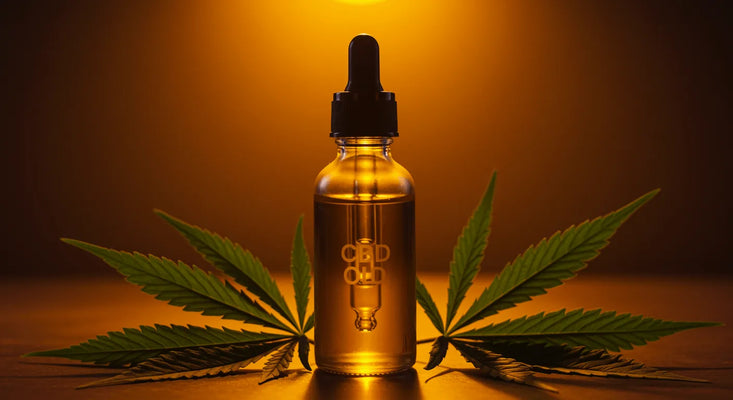

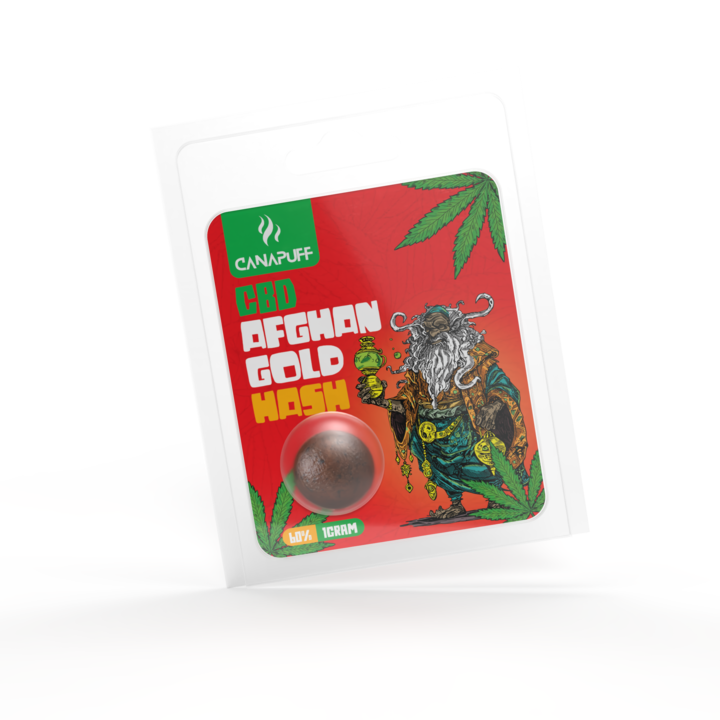
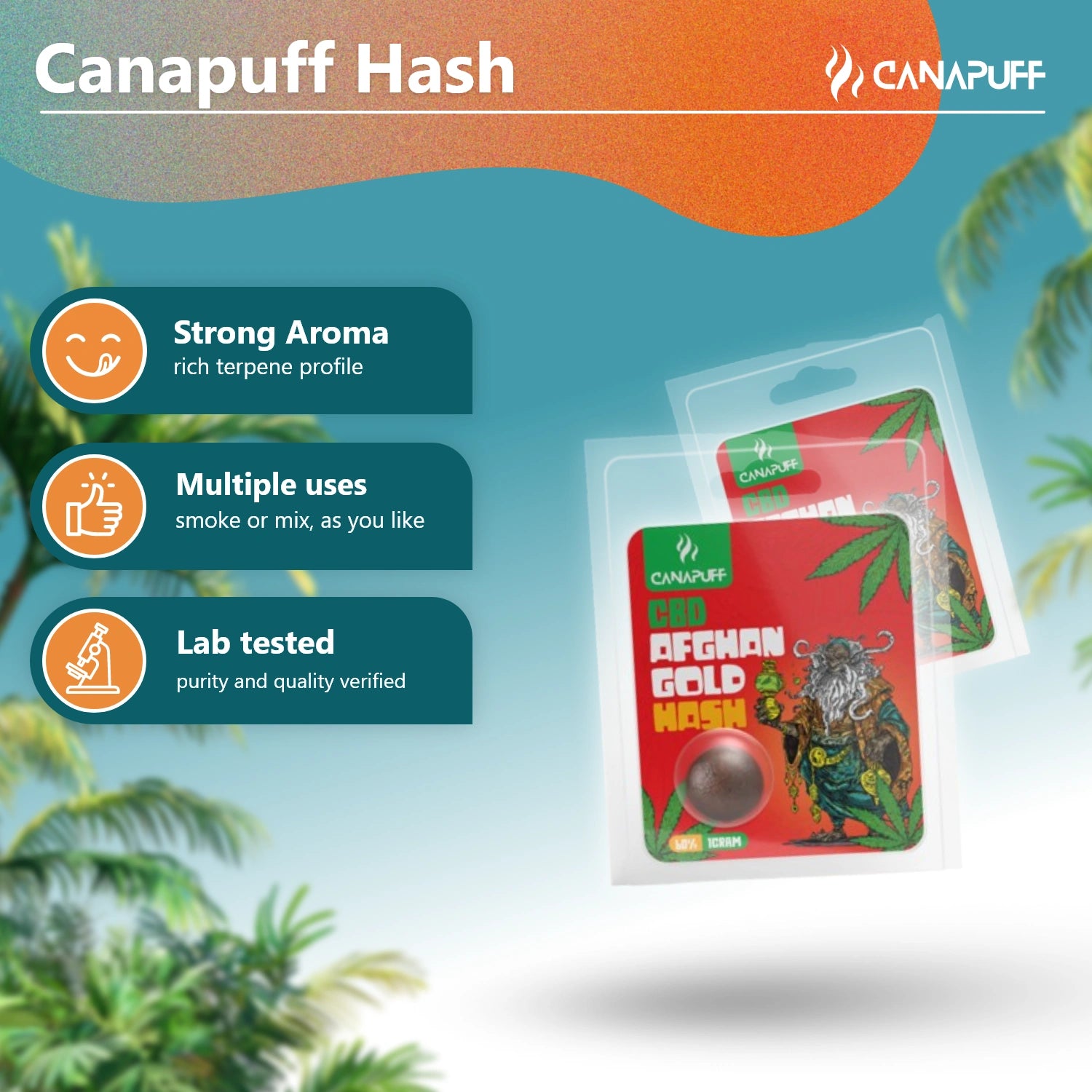
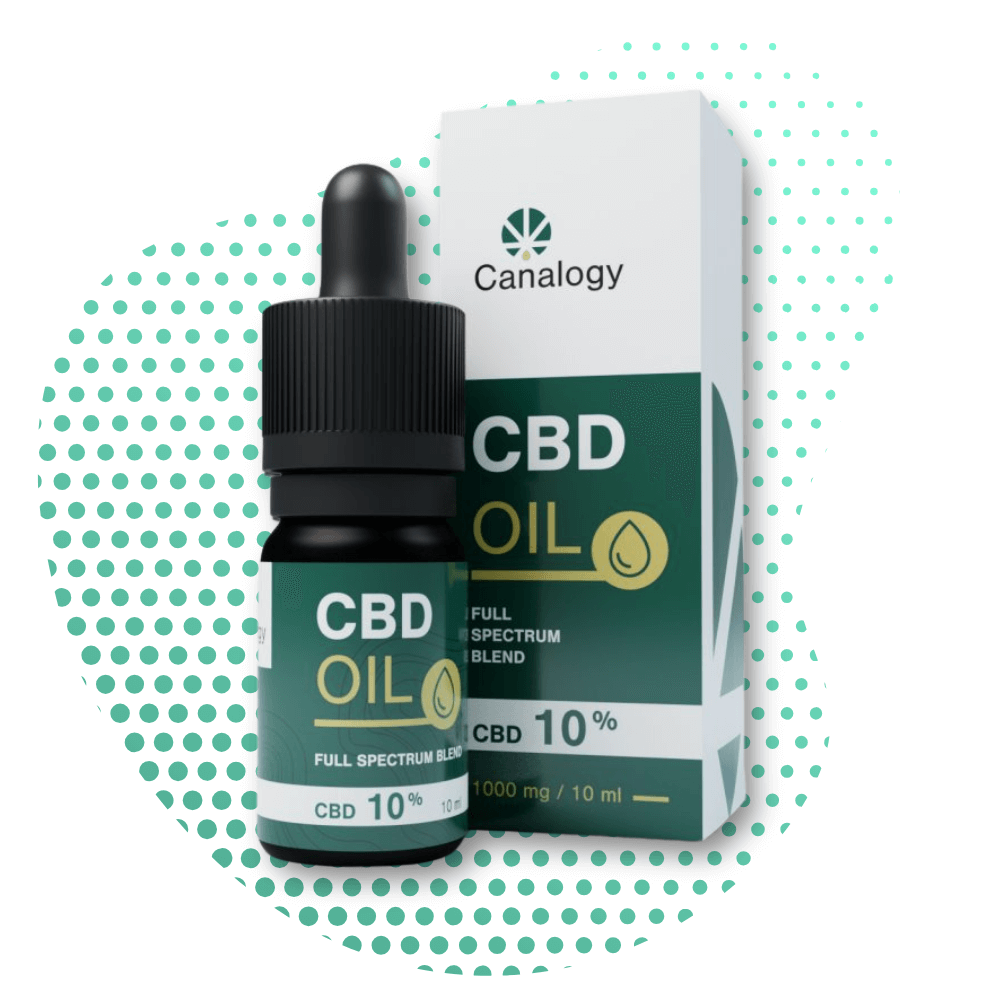
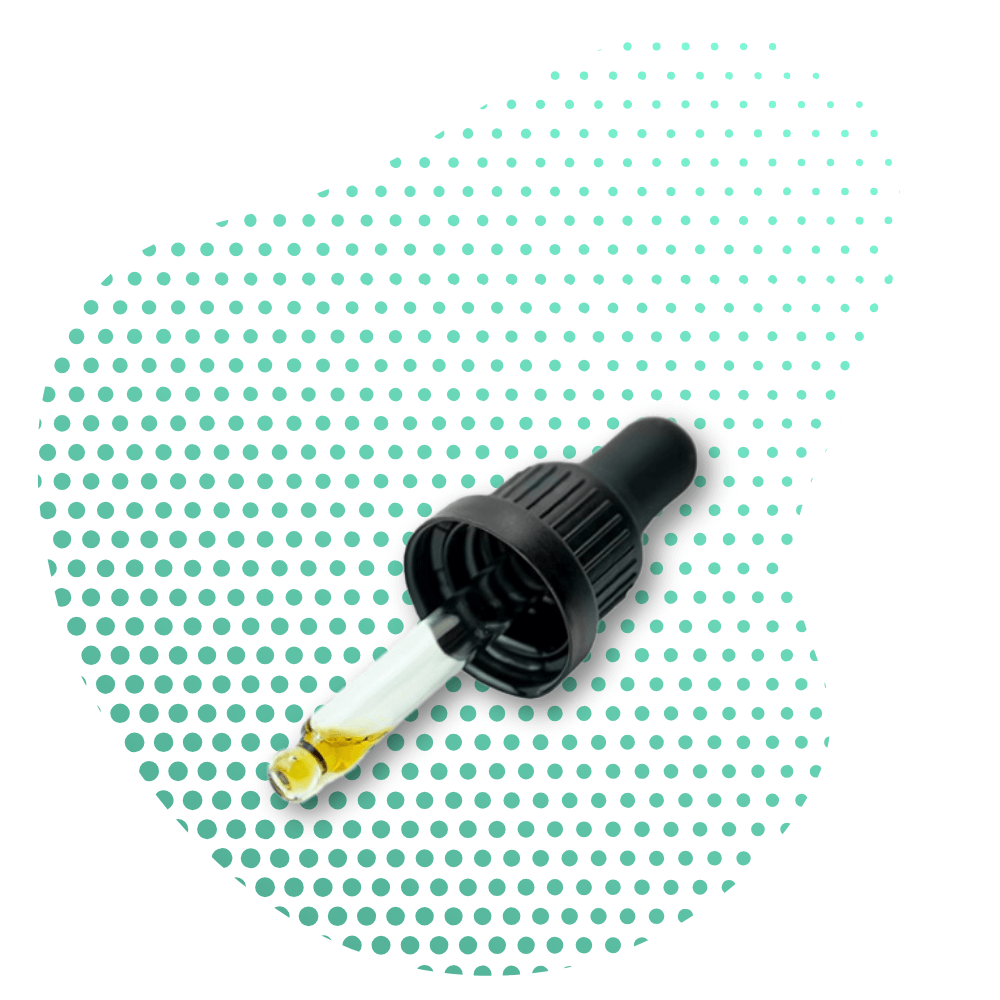
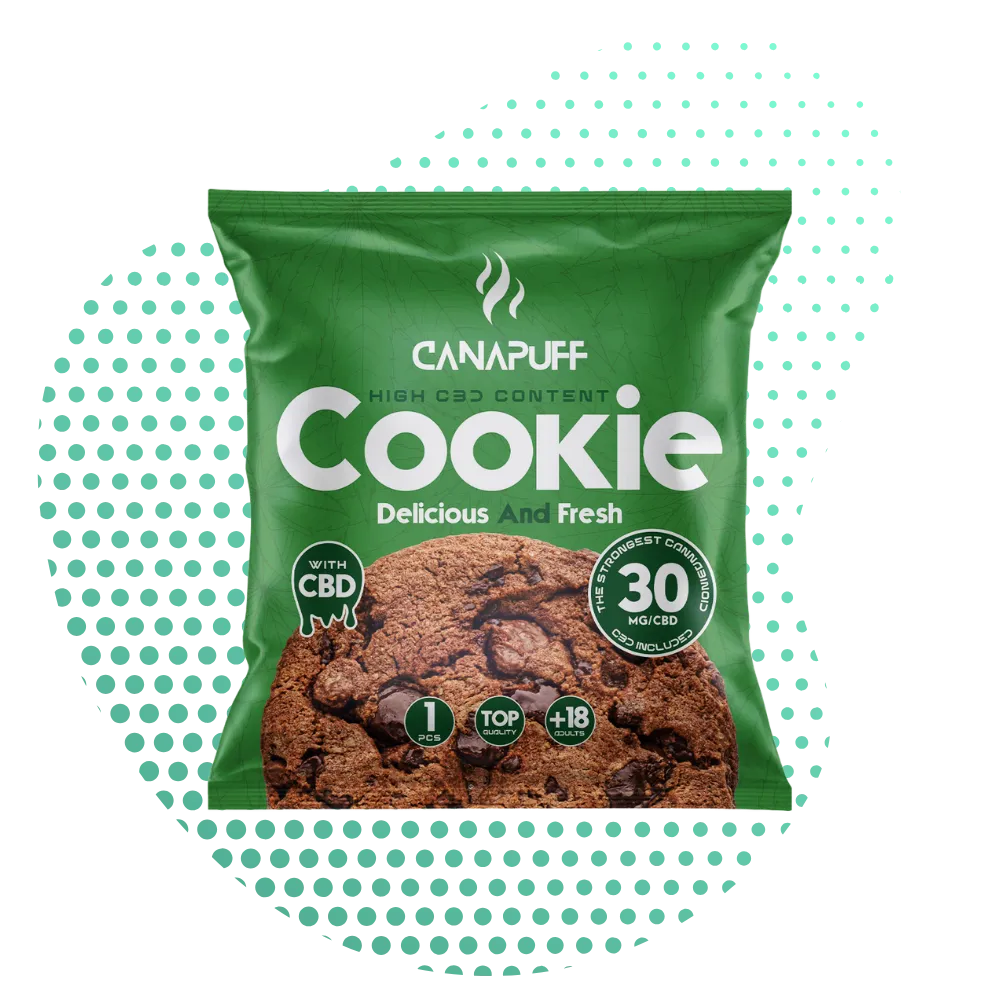

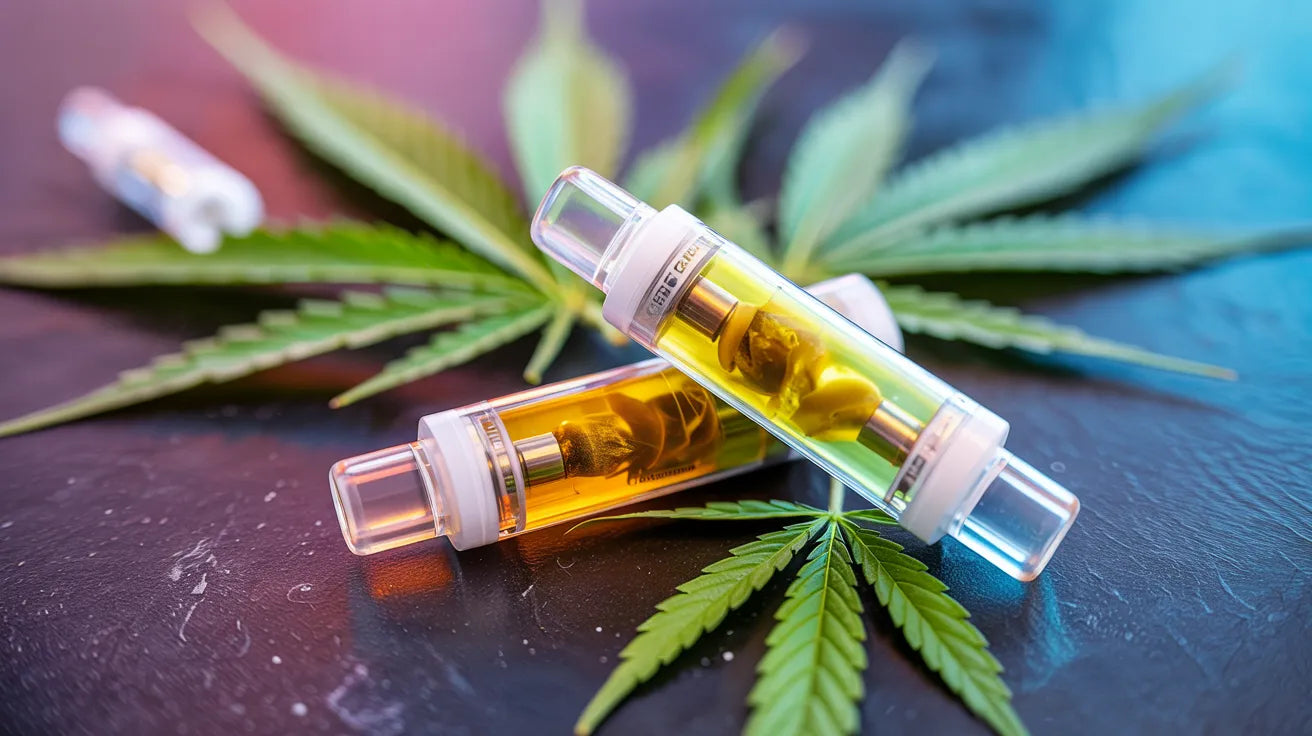
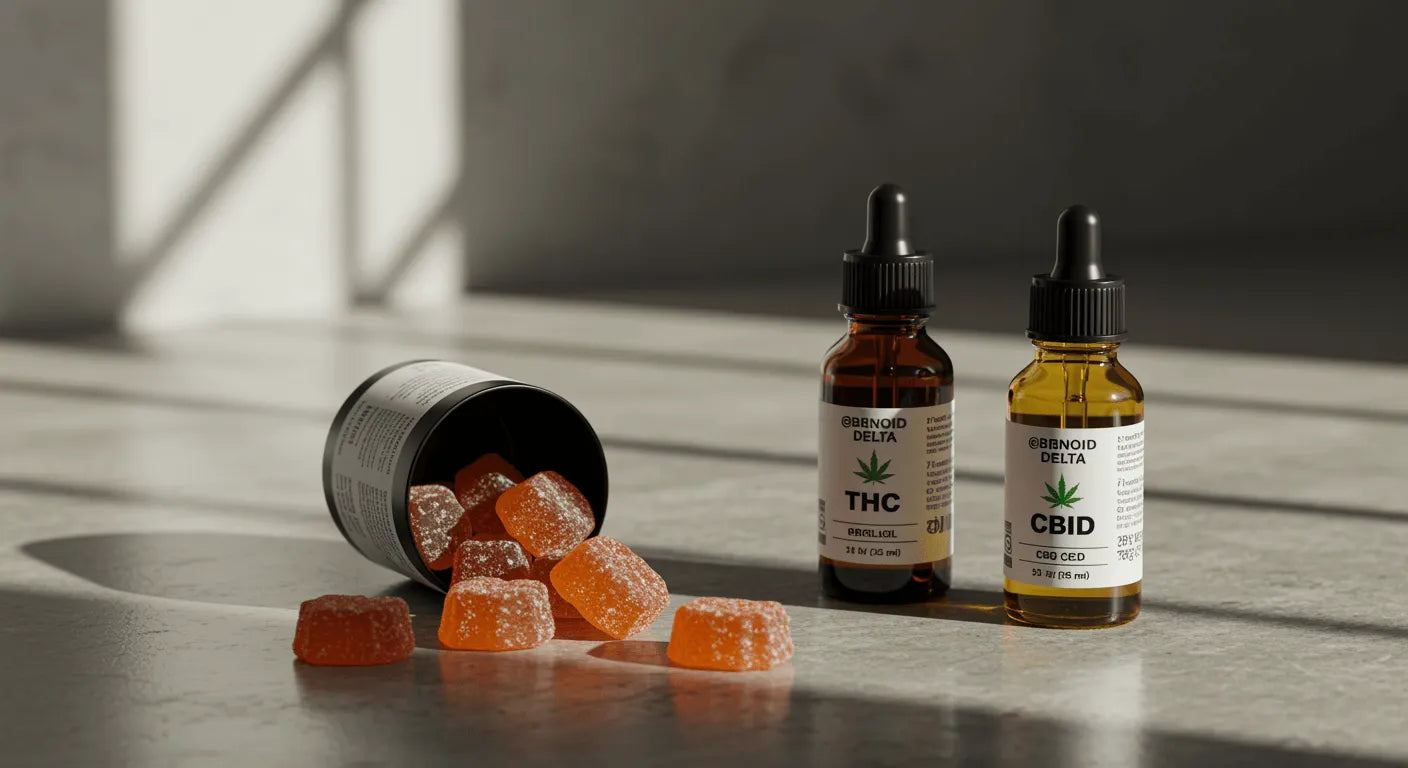
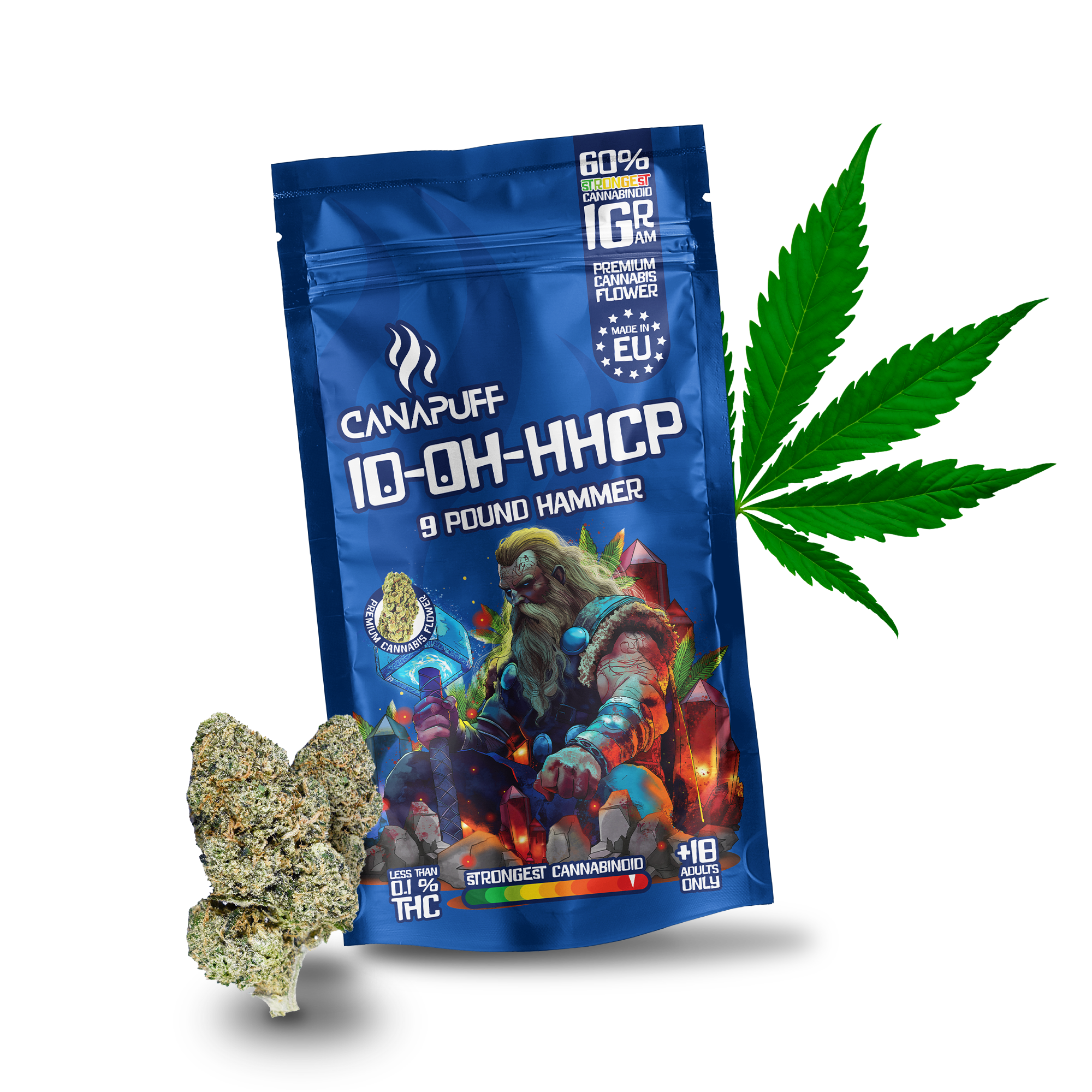
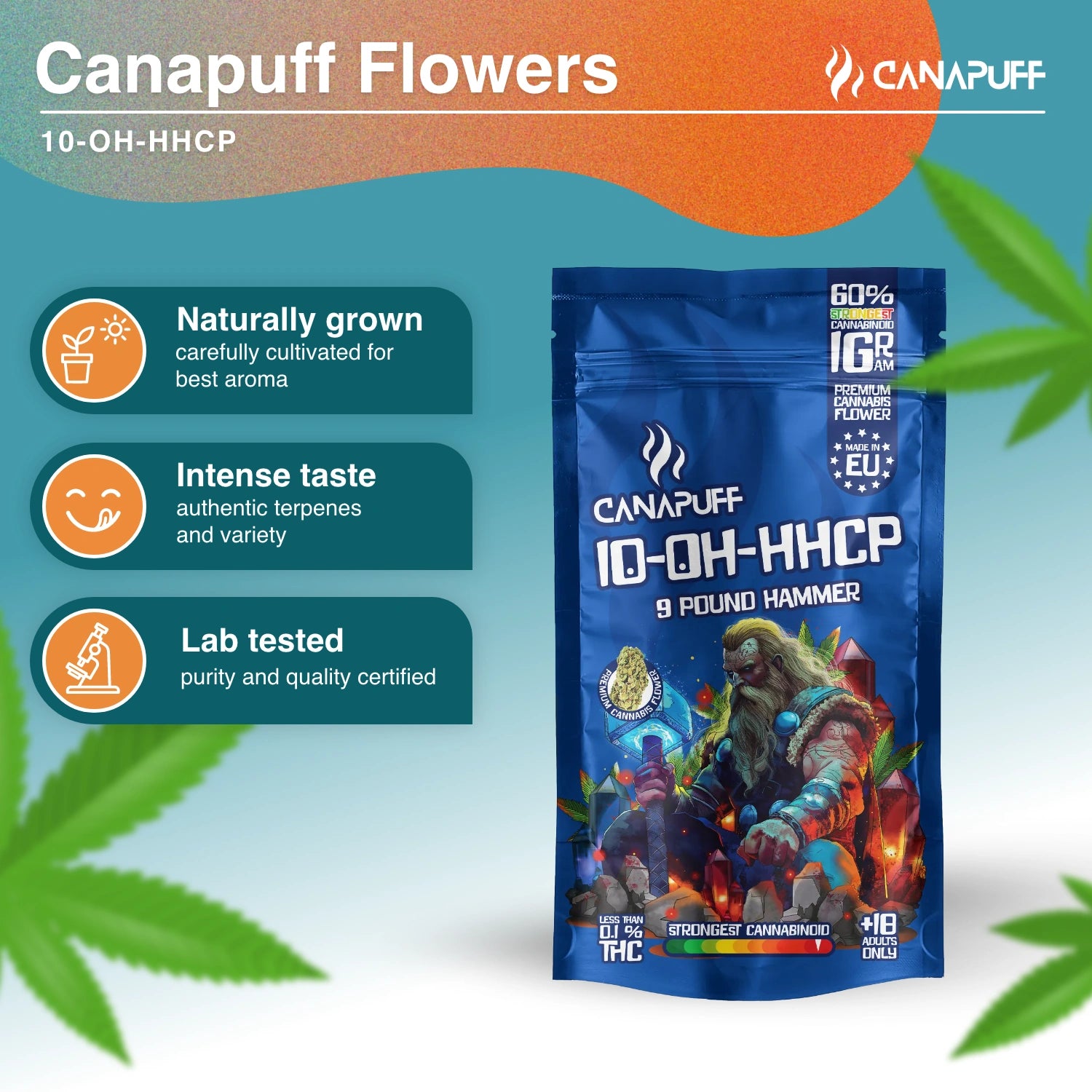
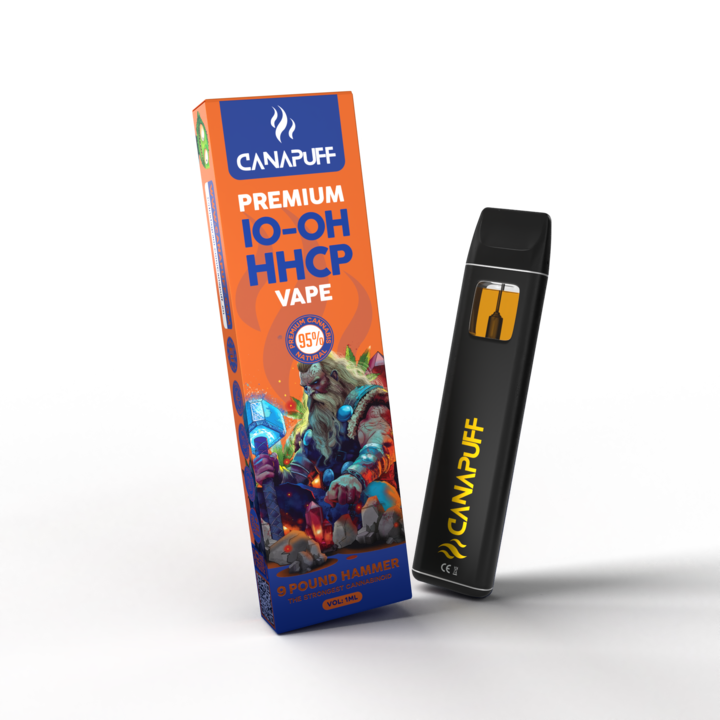
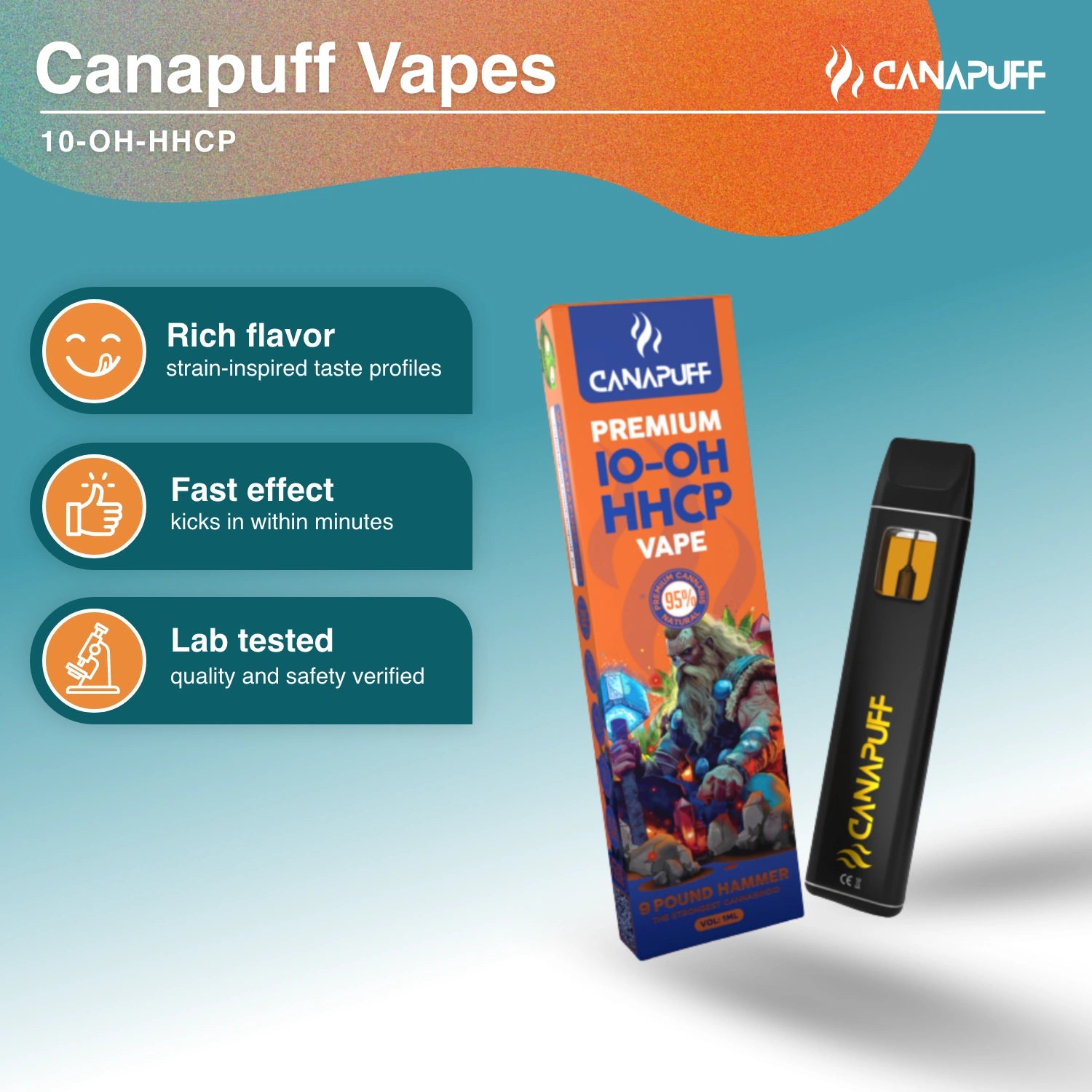
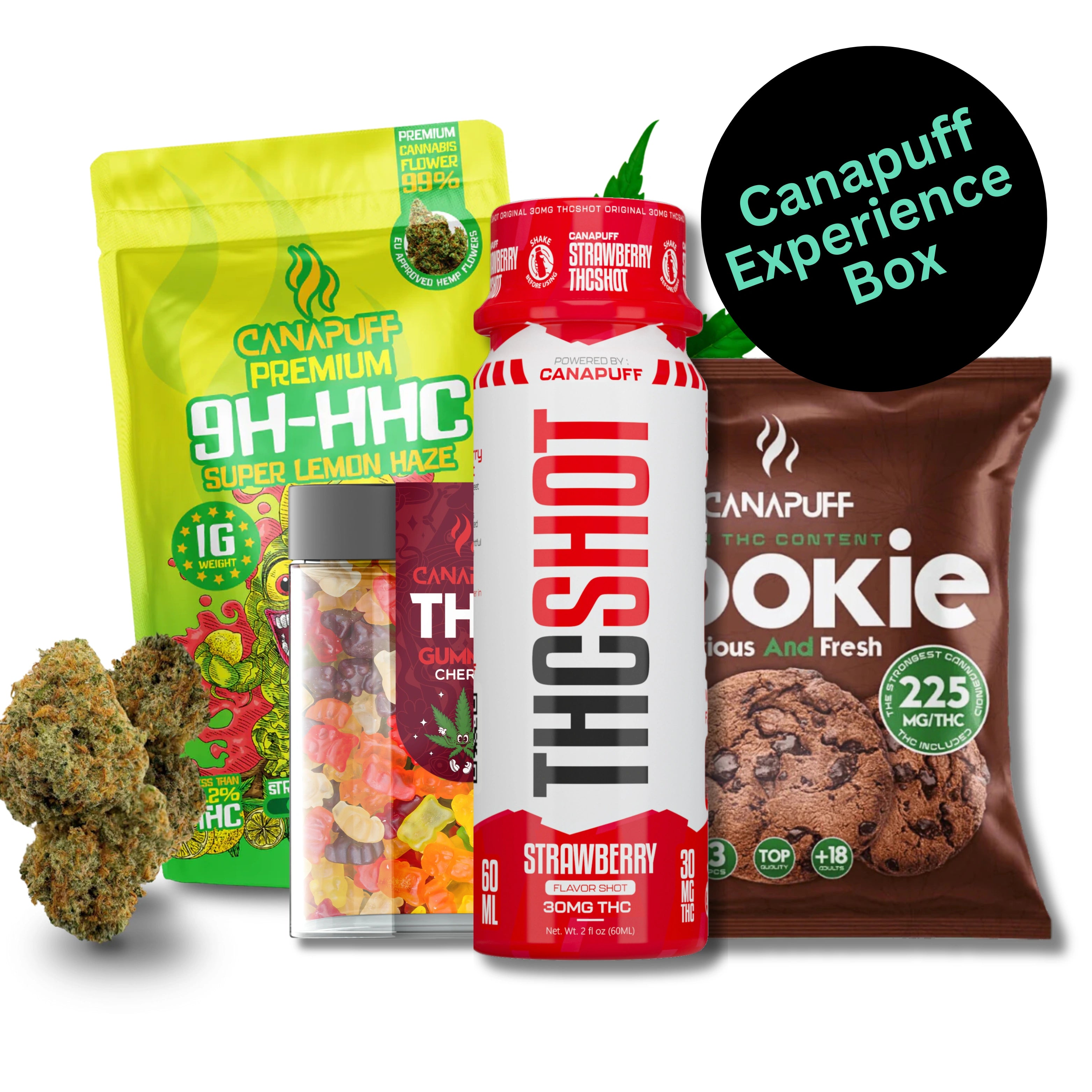

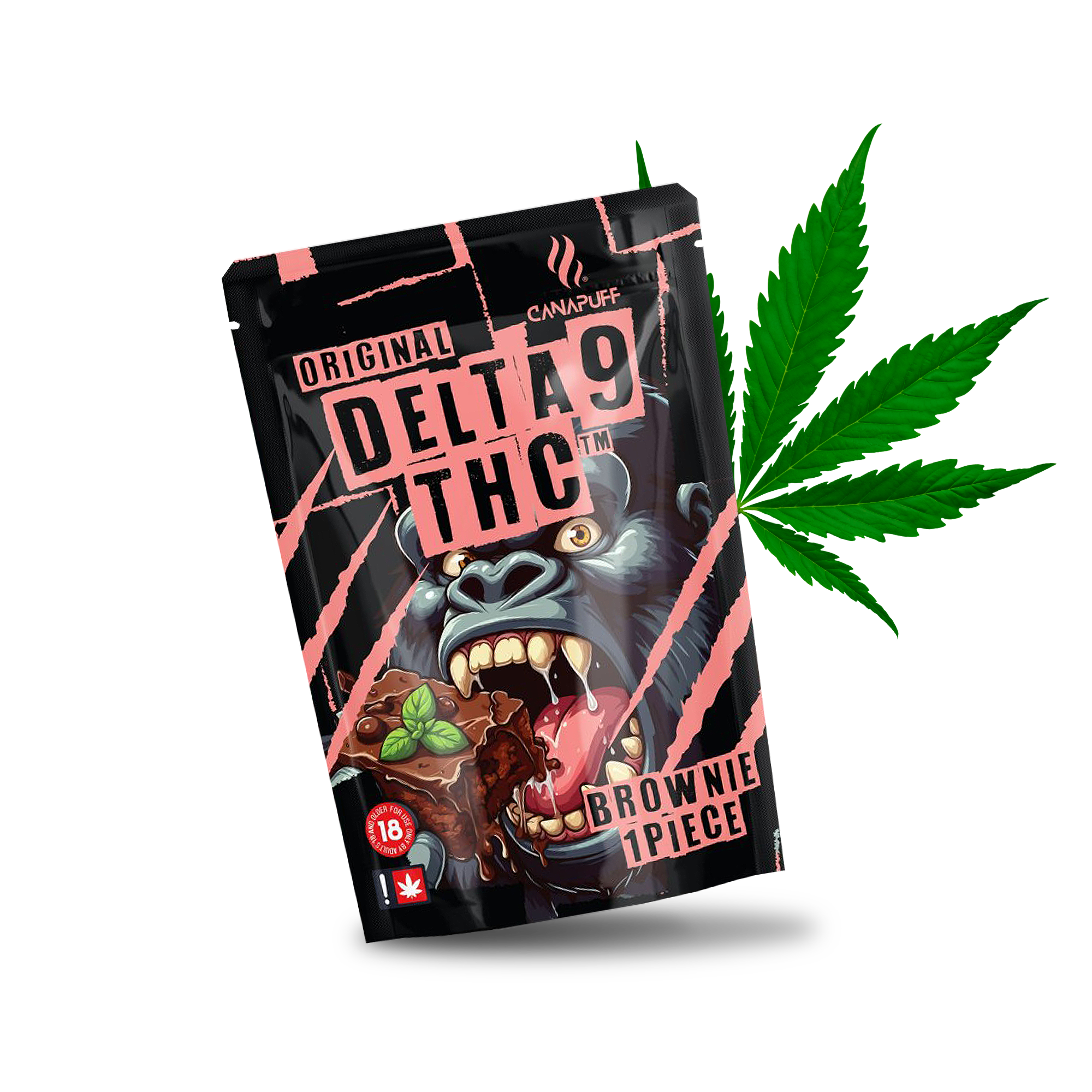
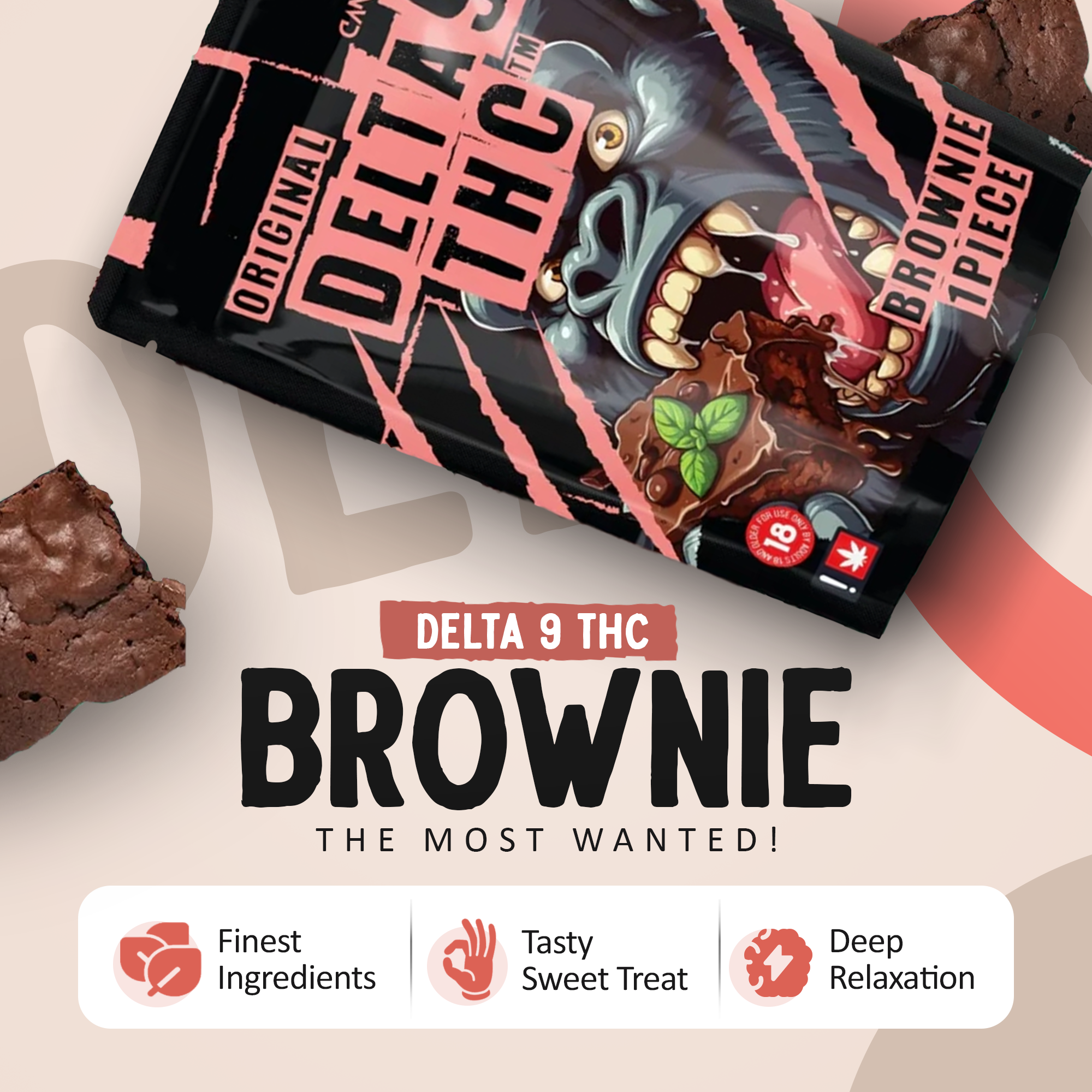
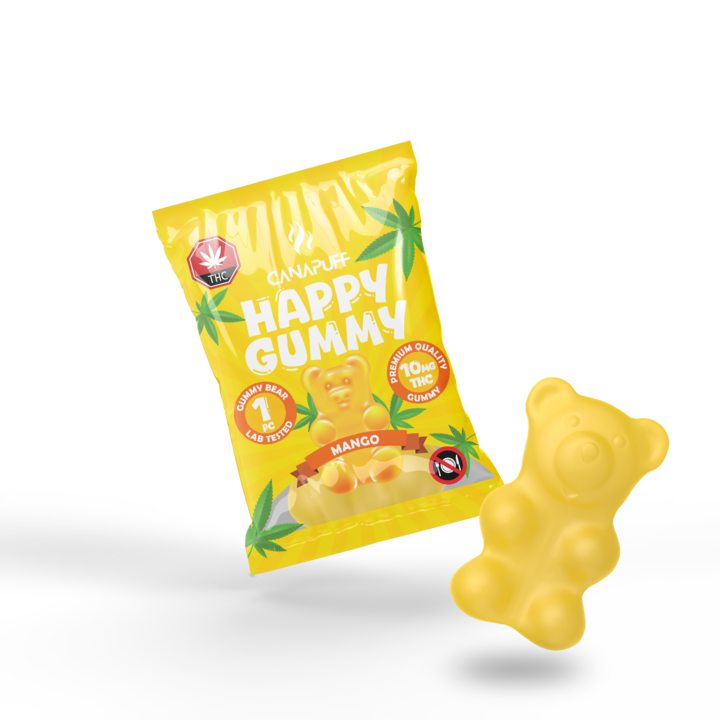
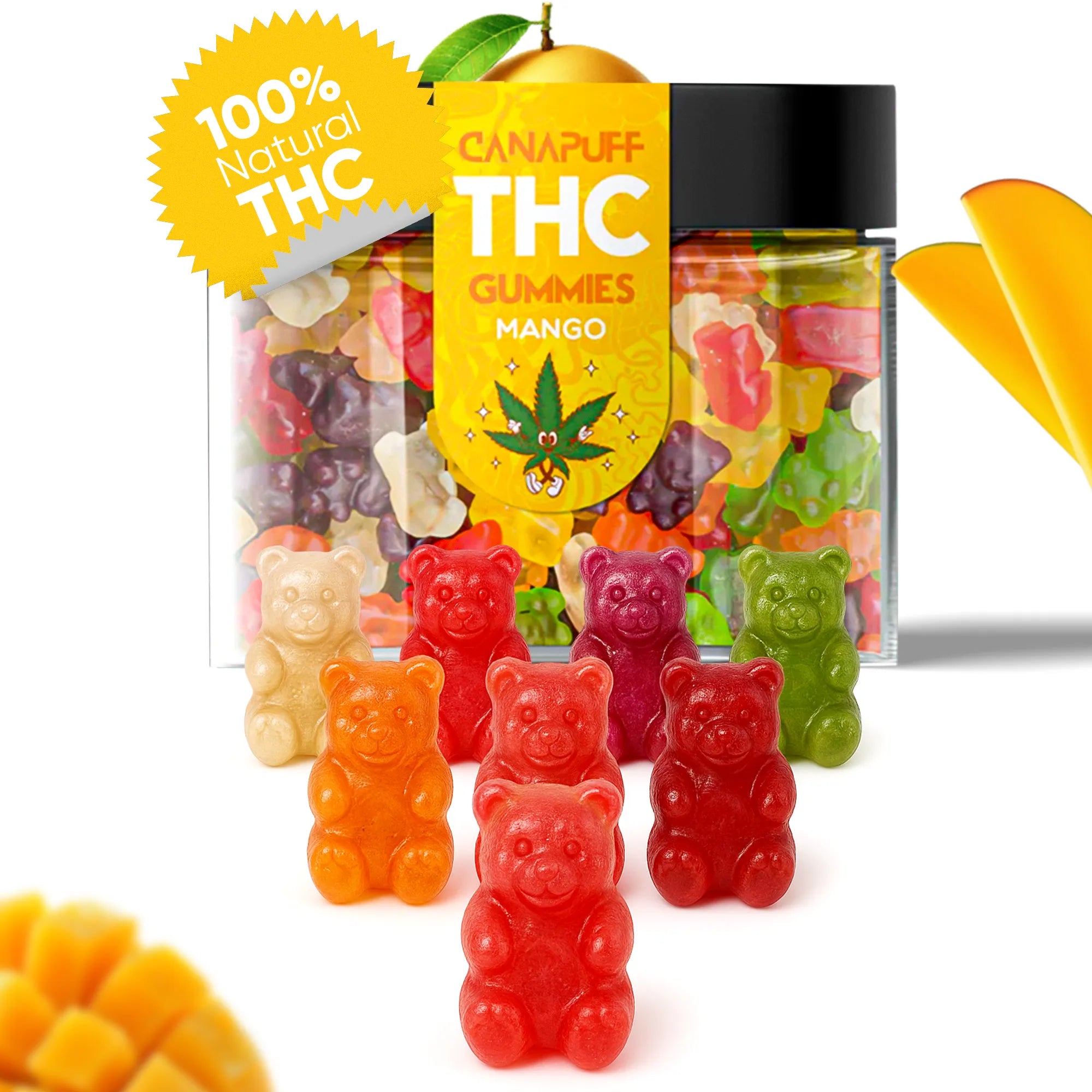
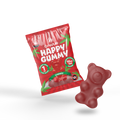
Leave a comment
This site is protected by hCaptcha and the hCaptcha Privacy Policy and Terms of Service apply.